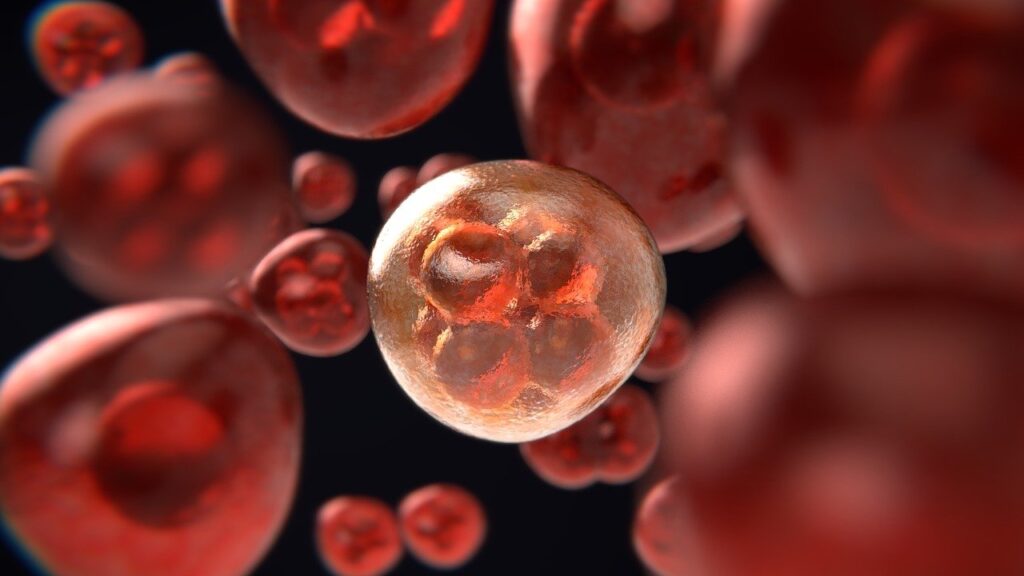Cutaneous melanoma and conjunctival melanoma with same treatment?
- Normal Liver Cells Found to Promote Cancer Metastasis to the Liver
- Nearly 80% Complete Remission: Breakthrough in ADC Anti-Tumor Treatment
- Vaccination Against Common Diseases May Prevent Dementia!
- New Alzheimer’s Disease (AD) Diagnosis and Staging Criteria
- Breakthrough in Alzheimer’s Disease: New Nasal Spray Halts Cognitive Decline by Targeting Toxic Protein
- Can the Tap Water at the Paris Olympics be Drunk Directly?
Cutaneous melanoma and conjunctival melanoma with same treatment?
Cutaneous melanoma and conjunctival melanoma with same treatment? Sub-Journal of “Nature”: The treatment method of skin melanoma may also be applicable to conjunctival melanoma.
We are currently investigating whether BRAF targeted therapy or other immunotherapies for skin melanoma can benefit patients with conjunctival melanoma. [Article from “Medical Express” in the United Kingdom on January 11, 2021] Title: Ultraviolet radiation causes rare types of eye cancer.

A study funded by Cancer Research UK and other institutions and published in Nature Communications shows that ultraviolet radiation can cause a rare type of eye cancer-conjunctival melanoma.
It is known that ultraviolet radiation is the main environmental factor causing skin melanoma, but its role in the formation of rare melanoma in the eye remains to be studied.
The new study found that the genetic changes of conjunctival melanoma and skin melanoma caused by ultraviolet radiation are strikingly similar, and its research team believes that the treatment of skin melanoma may be equally applicable to conjunctival melanoma.
Researchers led by Professor Richard Marais from the Cancer Institute of the Manchester Institute in the UK used whole-genome sequencing technology to examine the genetic composition of conjunctival (a special membrane covering the front of the eye) melanoma, in order to deepen the etiology of this special melanoma subtype Through tissue samples, it was found that conjunctival melanoma and skin melanoma caused by ultraviolet radiation have similar genetic changes, that is, patients with conjunctival melanoma caused by ultraviolet radiation also have BRAF and RAS genes commonly found in skin melanoma mutation. In addition, uveal melanoma (a rare ocular melanoma located in the iris) can also be caused by ultraviolet radiation.
These two studies show that current treatments for skin melanoma (including treatments for BRAF mutations) can benefit patients with special types of eye cancer, but have not been approved. Once these drugs are proven to be beneficial to patients, they can be administered based on tumor genetics rather than tumor location in the body.
The lead author of the study, Professor Richard Marais of the Manchester Cancer Institute in the United Kingdom, said: “Our work shows that it is important to study the underlying biology of rare cancers in depth, which provides people with new and personalized treatment avenues. In this case Next, we discovered a rare mutation in eye cancer, and drugs for skin cancer can target this mutation.”
We are currently investigating whether BRAF targeted therapy or other immunotherapies for skin melanoma can benefit patients with conjunctival melanoma.
Professor Marais said: “By proving that ultraviolet radiation can cause conjunctival melanoma, we have learned more about the sun’s hazards to the eyes. This reminds us that whether it is in daily life, or on beaches, boats, mountains, etc., ultraviolet radiation is extremely high and harmful The biggest place is not only to protect the skin, but also to protect the eyes from UV rays.”
Karis Betts, Health Information Manager of Cancer Research UK, said: “This study has deepened our understanding of the genetic changes in melanoma caused by ultraviolet radiation. Some evidence of eye cancer reminds us to take care of protection in the sun and the need to wear complete protection. Ultraviolet sunglasses.”
Michelle Mitchell, Chief Executive Officer of Cancer Research UK, said: “About 20 years ago, Professor Marais and his Cancer Research UK team identified BRAF as an oncogene. This major discovery led to the development of drugs that block BRAF (including vemurafenib). These drugs are very effective for many patients with skin melanoma. This study shows that understanding the basic biological principles of more common cancers can be used to help patients with rare diseases, which may be more difficult to study, and treatment options are usually fewer .”
(source:internet, reference only)
Disclaimer of medicaltrend.org



